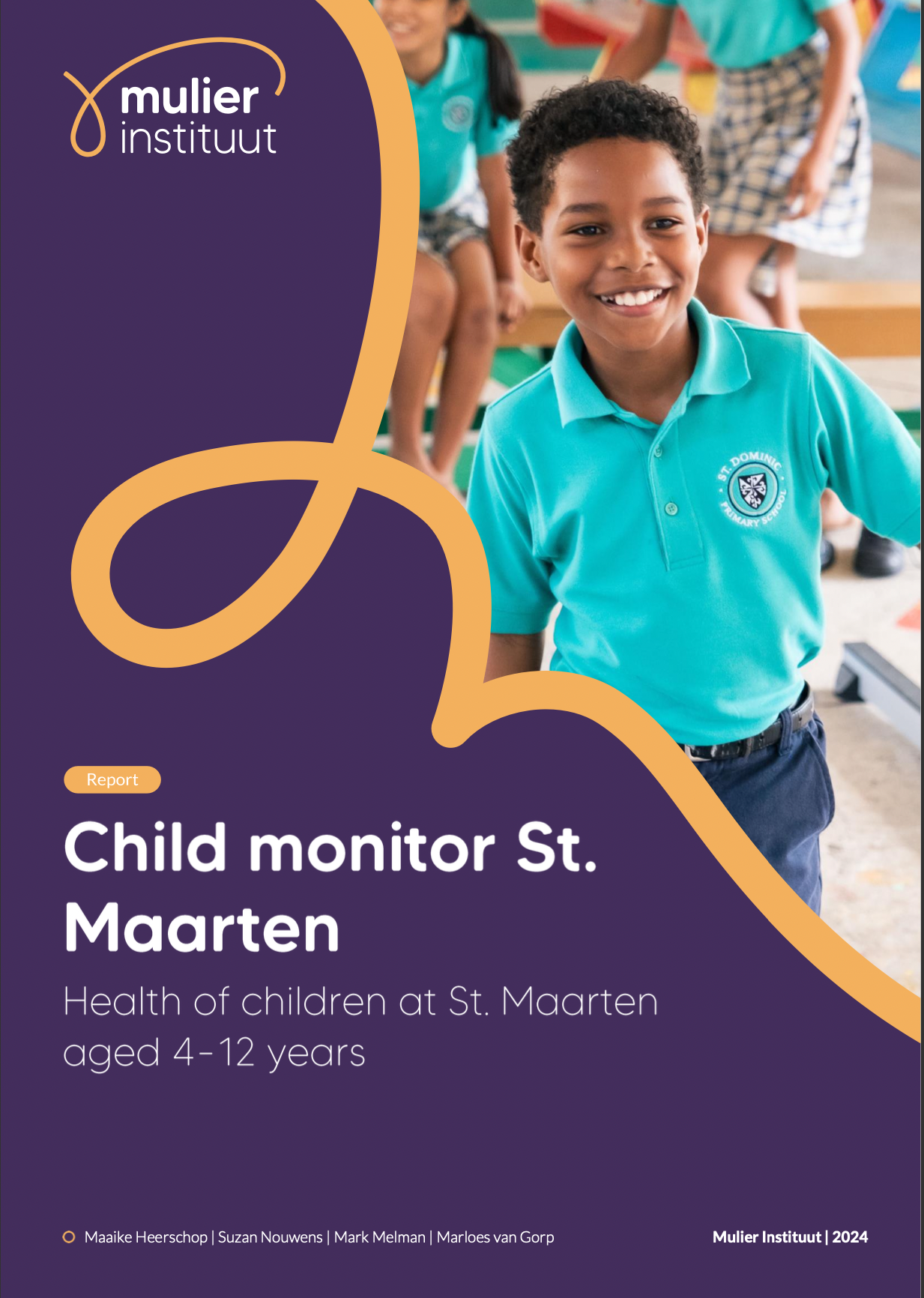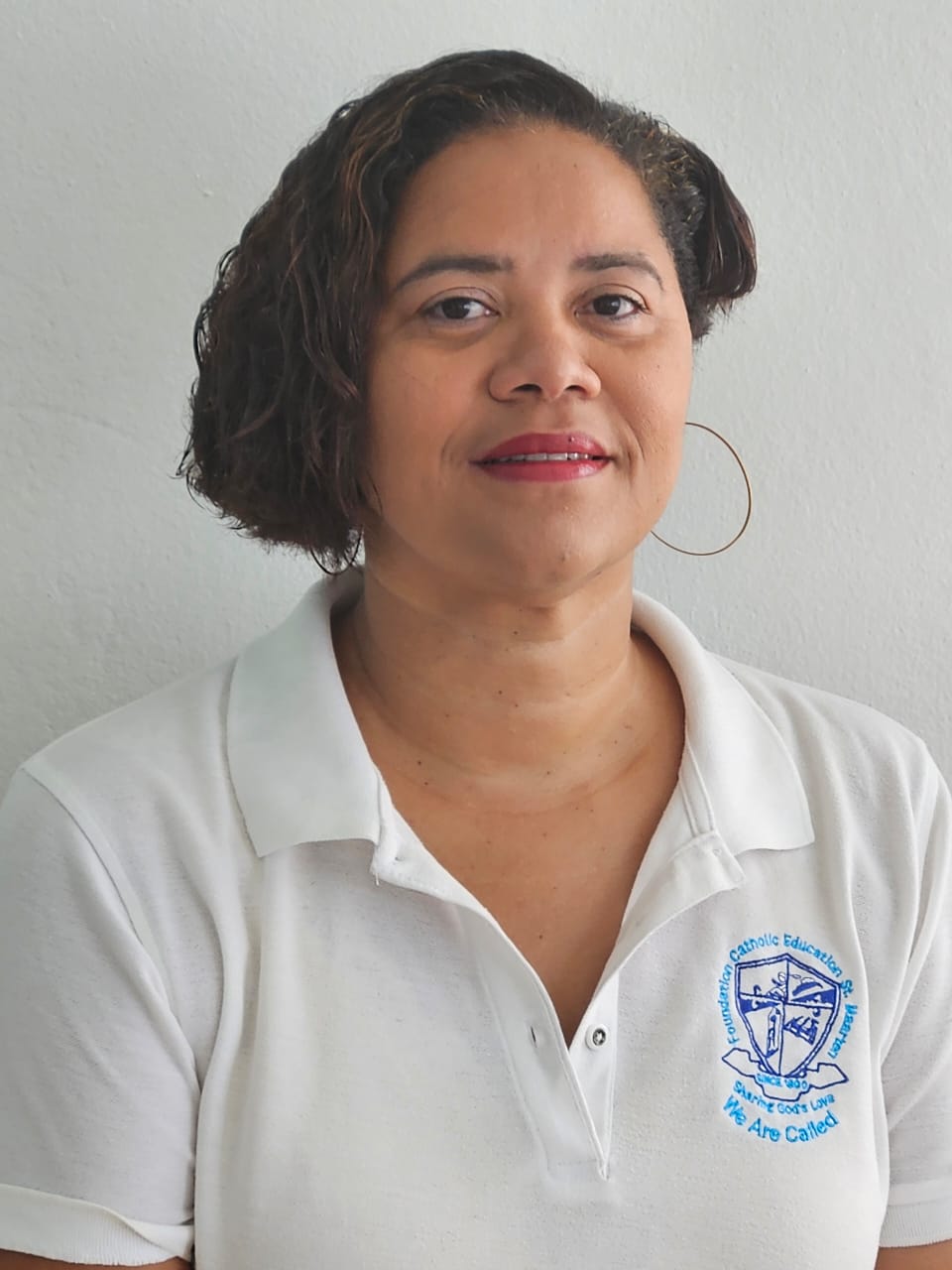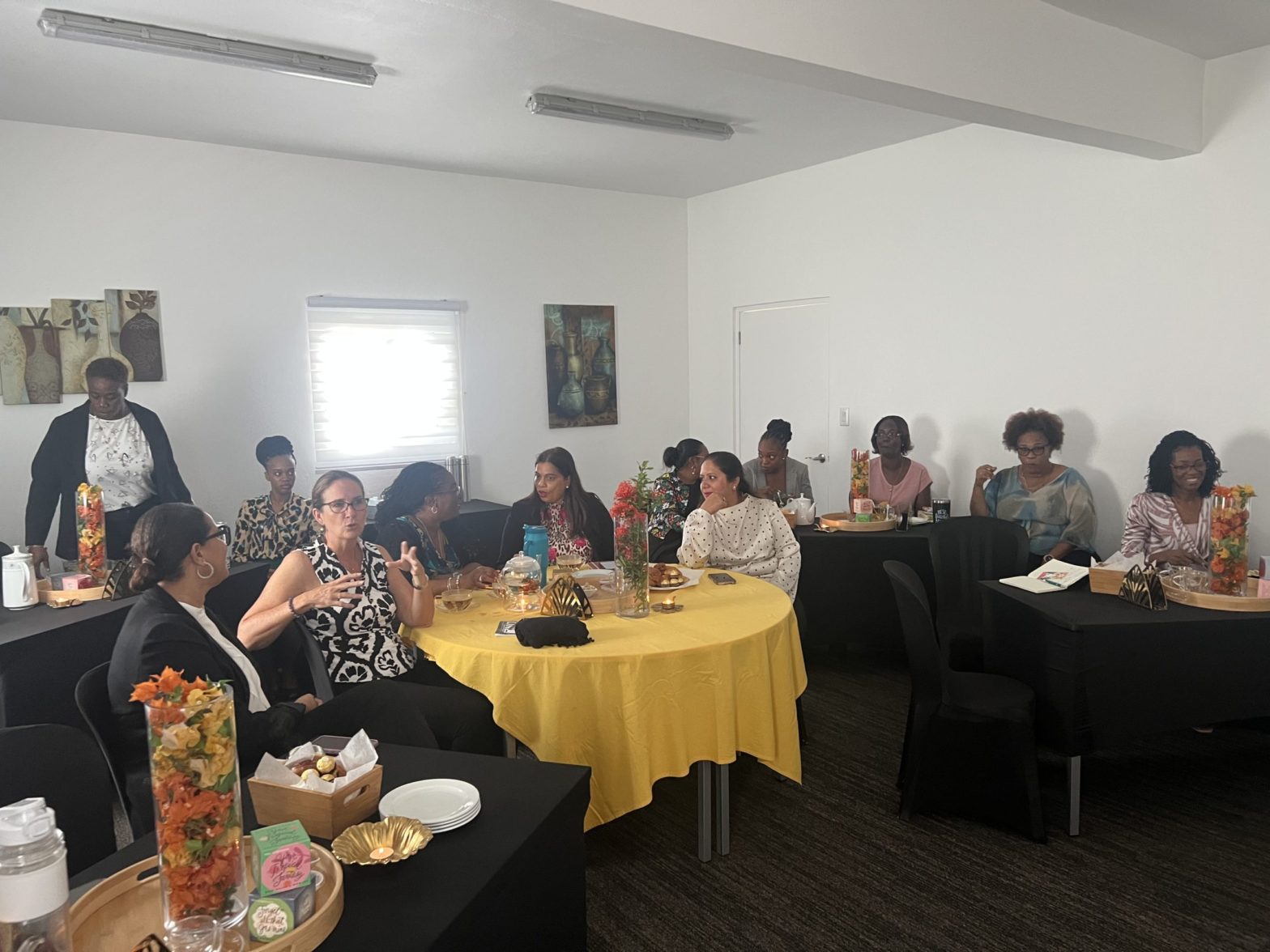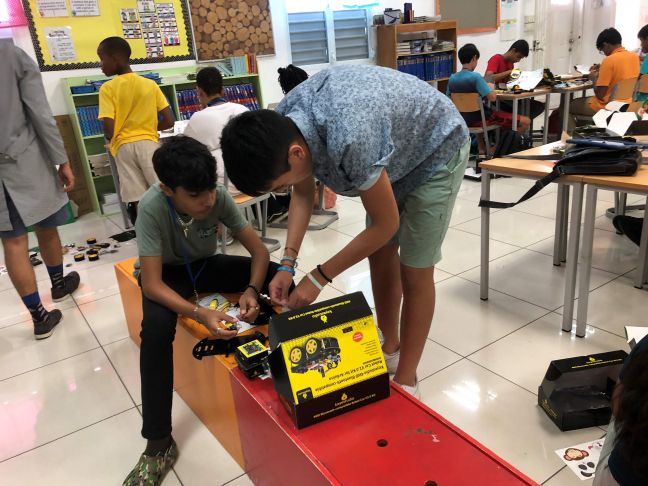
Foundation Catholic Education St. Maarten (SKOS) fulfills vision with launch of data-driven health initiative
August 12, 2024
In a groundbreaking move, Stichting EGO has partnered with the Foundation Catholic Education St. Maarten (SKOS) to fulfill their vision of creating healthier schools. Stichting EGO’s project, titled “Healthy Schools Healthy Communities,” aims to transform youth fitness and well-being through data-driven strategies and targeted interventions.
The collaboration was made possible through a generous grant from Resources for Community Resilience (R4CR). Stichting EGO has already made remarkable progress over the past ten months by equipping schools with essential gym materials, enhancing playground facilities, and gathering critical baseline data on children’s motor skills and lifestyle habits.
At the core of this initiative is the BLOC test, a self-administered physical assessment designed to measure children’s hand-eye coordination, balance, and movement skills. After testing nearly 1,000 children across the six primary schools of SKOS, the results were compelling: 55% of students scored below average in physical competency, with variations observed across different age groups and school locations.
“These findings are a call to action,” said Juriaan Otto, the project leader of Stichting EGO. “They highlight the urgent need for personalized interventions to boost the physical well-being of our children.”
Thanks to this data, Physical Education (PE) teachers can now customize their lessons to address individual student needs. This personalized approach ensures every child, whether a proficient mover or in need of additional support, can thrive and develop a lifelong positive relationship with physical activity. PE teachers will receive training from HAN University in the Netherlands to enhance their approach.
Beyond physical assessments, the initiative also includes a comprehensive lifestyle intervention study, conducted in partnership with the Mulier Institute in the Netherlands. The study revealed concerning trends, such as only 23% of children playing outside daily and 73% sleeping just 6 to 9 hours per night, below the World Health Organization’s recommended 9 to 13 hours for children aged 4-12.
In response to these findings, schools will make targeted investments in student development, while curriculum changes will be introduced this academic year to address specific needs. Notably, the BLOC test results will now be included in children’s end-of-year reports alongside academic subjects, providing parents with a holistic view of their child’s development.
Stichting EGO’s project leader emphasizes the wider impact of the project. “By sharing this data with key authorities, including the Ministry of Health and the Department of Education, we’re enabling evidence-based policy decisions to enhance children’s health and well-being across the island.”
The initiative’s success is bolstered by local and international collaboration, with partnerships with the American University of the Caribbean School of Medicine (AUC), as well as Dutch institutions like the Mulier Institute and HAN University of Applied Sciences. This infusion of global expertise has amplified the project’s effectiveness and reach.
As the world confronts increasing childhood obesity and sedentary lifestyles, St. Maarten’s data-driven approach serves as a beacon of hope and a model for other communities. By integrating rigorous research with practical interventions, the island is making significant strides towards ensuring its children grow up healthy and active.
The impact of this initiative extends beyond physical fitness. By promoting a culture of health consciousness and active living from a young age, the Foundation Catholic Education St. Maarten can now invest in the long-term success and well-being of its future generations.
For detailed report of the study: Go to https: https://www.mulierinstituut.nl/publicaties/28062/child-monitor-st-maarten/
In an era where data is king, St. Maarten is proving that information holds the power to change lives, shape policies, and build a healthier future for all.







